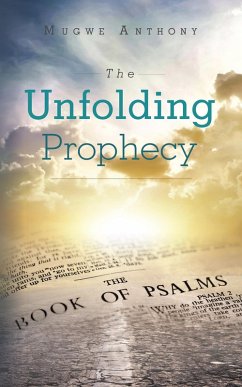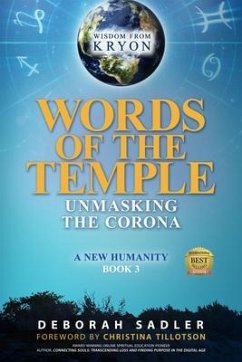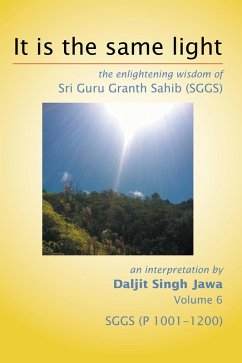THE GREATEST POET ? David Swartz is one who shouts into the Void but who is heard perhaps only by his God. The idiosyncrasy of such poetry is intrinsic to his being virtually unknown among American readers let alone worldwide. His manner of English summons Shakespeare and Milton, far surpassing anyone more modern. A poet of immense courage, Swartz disregards the generic free verse of his contemporaries and undertakes something nearly impossible-writing solidly-divergent-religious-rhymed poetry in our vehemently secular times. Such ambition is a testimony to fortitude, to his honesty, for through 50 years he has been fighting on his own against a bias validated by Whitman and injured by W.C. Williams, a nearly obligatory free verse, its grip upon critical acclaim. As a result he is seldom published and often nearly vanquished, yet faithful to his Muse. His poetry is extremely saturated. His rhyme is wayward to the usual ear-head and tail, internal rather than the accustomed predictable conclusion. Extremely original because of position. it ranges this way and that in choice of rhymed words, permeating the texture of his verses, rendering them acoustically and semantically hugely skewed, but accomplished. The imagery is striking, for Swartz has a unique sense of color and form mirroring his predilection for and sensitivity to the visual arts. At the same time his idiosyncratic, unpredictable, and profound ideation transports the reader to philosophical realms whose remoteness is often startling. His recent poems are "stacked" with each line having all exactly the same length. He does not use artificial commas or hyphens to accomplish this, yet each stack reaches for perfection. I know of no other poet who can incorporate such wealth of rhyme, imagery, and thought into such an extremely confining form. The effort alone seems superhuman, yet Swartz has always been seemingly unbound. His ambition from nearly the outset was to become a "greatest poet of mankind," a task that he, in fact anyone, cannot fulfill only because poetry is of its nature many languaged, many-tongued. However, his poetry can often reach a summit of human utterance in his given native English. I met David almost 20 years ago, in 1997. At first I did not realize the caliber of the poet I encountered. I did not realize the degree of his commitment to poetry as well. Only later I learned that even being a poet eclipsed everything else for him at that stage of his life. I was a sophomore at Columbia University who had just begun to translate Russian verse into English. Of course I could only learn from his work, for there was nothing from mine he could receive in turn. I think back then he already knew everything he needed about the arts. However David was never condescending. Instead he respectfully reviewed my renderings, making astute comments and tolerating my linguistic inadequacies. He became to me what Virgil became to Dante in "The Divine Comedy"-a guide, in my case, to the world of poetry. His personality and art appeared to me as a generative blossom, for the more I knew him the more I realized the generosity of his character and the magnitude of his gift. All these years he tactfully and intelligently commented on my renderings, becoming a touchstone for my achievement as a translator. To have a poetic ally of such ambition helped me immensely, catapulting me into an orbit otherwise beyond reach. David Swartz [D.A.Vid] is 77 at present. He looks like a biblical patriarch with his imposing height and majestic head. He still writes even though less frequently than years past. He climbed a literary Everest, and is so far above other mountain climbers that they cannot really tolerate his heights. His every line takes him so often even further away from the rest of us, compounding his loneliness. To understand such a difficult poesis I have often had to reread him many times and reach for my Roget, or my English-Russian dictionaries, nonstop. Still, I feel that I touch only the tip of the iceberg so colossal the poet's creative output is. Committing a crime seemingly against our species, editors of the standard magazines continue to shun David's work. They are afraid that his verse will disturb or deter their accustomed audience, that the grip of his free verse peers will be compromised. The poet is neglected and-Mundtot- silenced. To summon such admiration for a contemporary mensch of letters is not likely to dramatically change his situation. However making it was an absolute necessity for me both as a translator and a human being. Thus this essay is as inevitable as his inexorable lines that make anyone who engages his work raise back, even tremble. And if it prompts someone to read the poems enclosed, I will consider my mission fulfilled.















